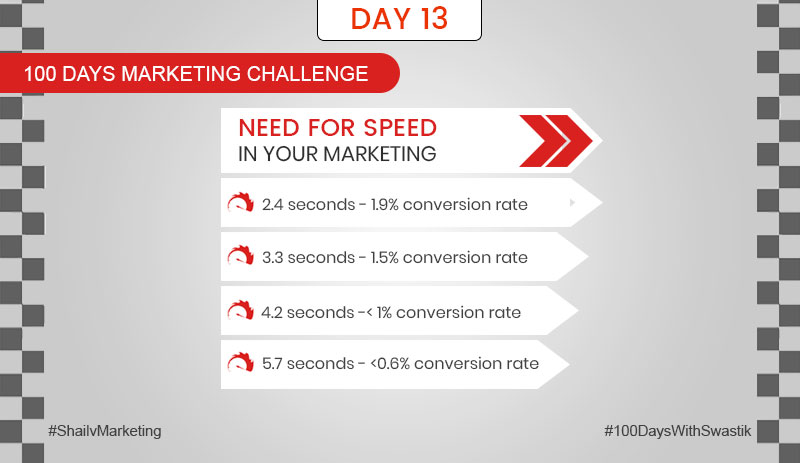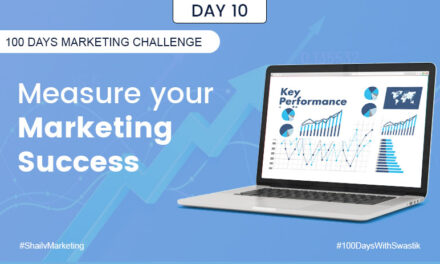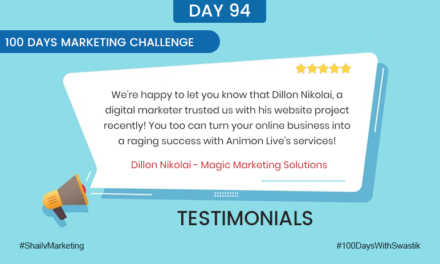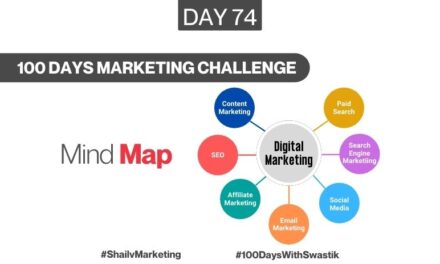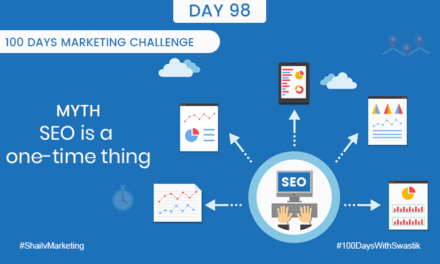It’s not just about speed; it’s also about conversion rates. Studies have shown that the faster a webpage loads, the more likely a user will perform the targeted action on that page. In other words, website performance has a significant effect on conversion rates and can be used as an advantage for your site.
- Walmart found that for every second they reduced in loading time, their conversion rate increased by 2%.
- COOK increased conversions by 7% after they decreased their page load time to 0.85 seconds to increase engagement and retention rates of users on the site
- The Mobify team experimented with the loading time of their homepage and found that each 100ms improvement in load-time resulted in a 1.11% conversion increase, which is an average for most websites’ homepages across industries
These seemingly small increases in conversion have a considerable impact on how much revenue a site generates. For example, if an e-commerce site produces 10 million dollars in sales per year, and if the conversion rate increases by 2% after the website’s load time improves by a second (as in the Walmart case study), that’s a $200,000 increase in revenue.
So, review performance of all owned properties like landing pages, blogs, website, e-commerce site and lead magnets to improve conversion.

